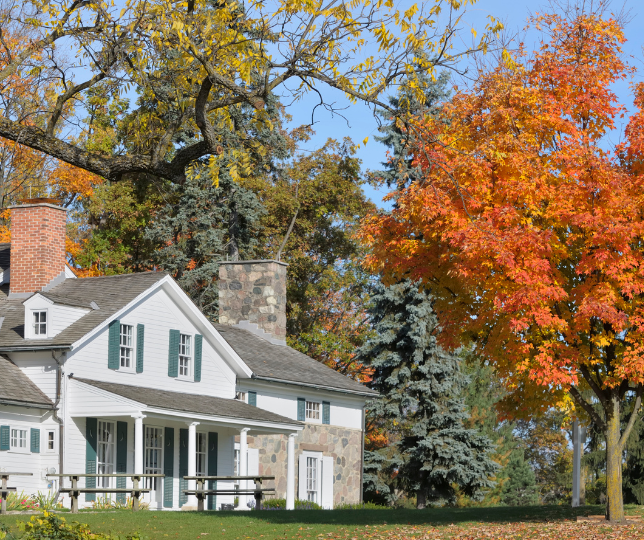Who owns a property during probate?
If you’re wondering who owns a property during probate, this article explains how legal and beneficial ownership are treated, and whether beneficiaries can act before probate is granted.
Legal title vs beneficial ownership
During probate, the legal title to the property remains with the deceased’s estate, held by the Executor or Administrator once the Grant of Probate or Letters of Administration is granted. This means the estate is legally in charge.
However, beneficial ownership, or the right to benefit from the property (like living in or receiving proceeds), may rest with beneficiaries or Trusts. The Land Registry records only legal ownership - not who enjoys the benefits of the property. Trust arrangements can separate legal title from beneficial interest.
Effect of joint ownership
Joint tenants (with rights of survivorship): The property automatically passes to the surviving owner and does not require probate. The surviving owner can register this using a DJP form along with a death certificate.
Tenants in common: Each co-owner owns a defined share that forms part of their estate and usually requires probate to transfer ownership.
Can beneficiaries act before probate?
Generally, no. Until probate is granted, beneficiaries cannot legally deal with the property, even if they are named in the Will. The Executor or Administrator must wait for the formal Grant before transferring or selling property.
In rare emergencies (for example, to avoid financial loss or stop legal penalties), Executors can seek an ad colligenda bona order to allow the sale before probate. But this is exceptional and must be authorised by the Court.
What happens during probate?
The Executor (or Administrator) officially takes responsibility after obtaining the Grant. Listed in the estate, the property can then be transferred to beneficiaries via the Land Registry with Form AS1 or TR1, depending on arrangements.
Property cannot be legally sold or transferred until the Grant is issued, causing delays, especially with current probate backlogs.
Final thoughts
To recap, who owns property during probate depends on legal ownership, which is held by the estate until probate is complete, and beneficial ownership, which may reside with others. Joint tenancy often avoids probate due to survivorship rights, while tenants in common require probate for ownership transfer. Beneficiaries generally cannot act before probate unless special court orders apply.

